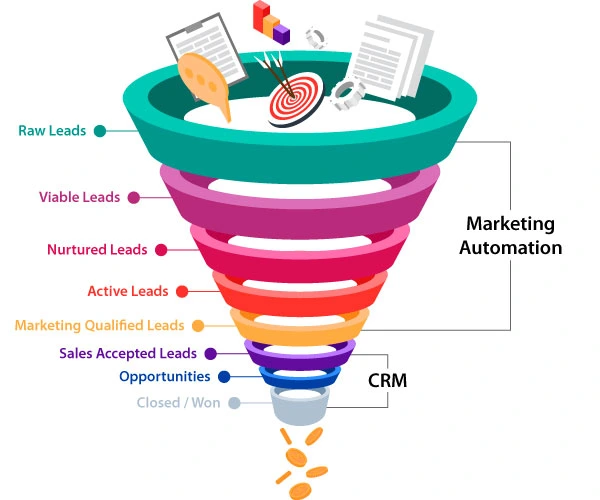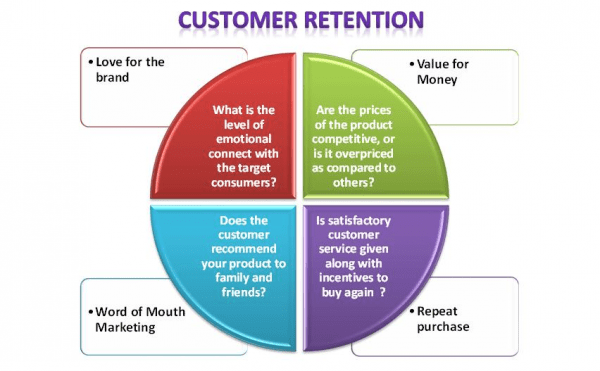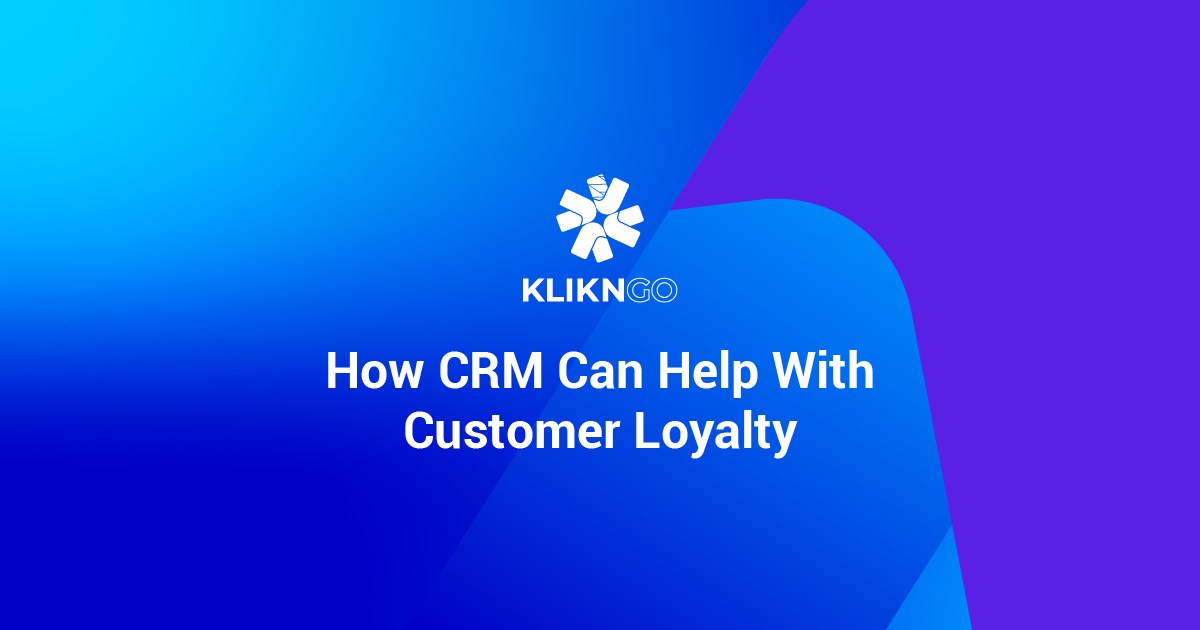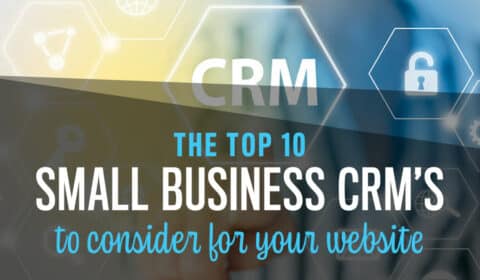Unlocking Growth: A Comprehensive Guide to CRM, Content Marketing, and Their Synergistic Power

Unlocking Growth: A Comprehensive Guide to CRM, Content Marketing, and Their Synergistic Power
In today’s hyper-competitive business landscape, achieving sustainable growth requires more than just a great product or service. It demands a deep understanding of your customers, a compelling narrative that resonates with them, and a strategic approach to nurturing relationships. This is where the dynamic duo of Customer Relationship Management (CRM) and Content Marketing comes into play. This comprehensive guide will delve into the intricacies of both, exploring how they work independently and, more importantly, how they can be leveraged together to create a powerful engine for growth.
Understanding the Pillars: CRM and Content Marketing
What is CRM?
At its core, CRM is a strategy, technology, and process used to manage and analyze customer interactions and data throughout the customer lifecycle. It’s about building and maintaining strong, lasting relationships with your customers, from the initial point of contact to ongoing support and advocacy. Think of it as the central nervous system of your customer interactions.
Key components of a CRM system typically include:
- Contact Management: Storing and organizing customer information, including contact details, purchase history, communication logs, and more.
- Sales Force Automation (SFA): Streamlining the sales process, from lead generation and qualification to deal closing.
- Marketing Automation: Automating marketing tasks such as email campaigns, social media posting, and lead nurturing.
- Customer Service and Support: Providing efficient and personalized customer service, managing inquiries, and resolving issues.
- Reporting and Analytics: Tracking key performance indicators (KPIs), analyzing customer behavior, and generating insights to improve business decisions.
The benefits of implementing a robust CRM system are numerous, including:
- Improved Customer Relationships: By understanding customer needs and preferences, businesses can personalize interactions and build stronger relationships.
- Increased Sales: CRM helps sales teams manage leads more effectively, close deals faster, and identify upselling and cross-selling opportunities.
- Enhanced Customer Service: CRM provides a centralized platform for managing customer inquiries and resolving issues efficiently, leading to increased customer satisfaction.
- Better Marketing ROI: CRM enables marketers to target specific customer segments with relevant content, leading to higher engagement and conversion rates.
- Data-Driven Decision Making: CRM provides valuable insights into customer behavior and business performance, enabling data-driven decision making.
What is Content Marketing?
Content marketing is a strategic marketing approach focused on creating and distributing valuable, relevant, and consistent content to attract and retain a clearly defined audience — and, ultimately, to drive profitable customer action. It’s about providing your audience with something of value, whether it’s information, entertainment, or inspiration, in exchange for their attention and, ideally, their business.
Key elements of a successful content marketing strategy include:
- Identifying Your Target Audience: Understanding your audience’s needs, interests, pain points, and behaviors.
- Defining Your Content Goals: Setting specific, measurable, achievable, relevant, and time-bound (SMART) goals for your content marketing efforts.
- Choosing the Right Content Formats: Selecting the content formats that best resonate with your target audience, such as blog posts, articles, videos, infographics, ebooks, podcasts, and social media updates.
- Creating High-Quality Content: Producing content that is valuable, informative, engaging, and optimized for search engines.
- Distributing Your Content: Promoting your content through various channels, including your website, social media, email marketing, and paid advertising.
- Measuring and Analyzing Results: Tracking key metrics such as website traffic, engagement, leads generated, and conversions to measure the effectiveness of your content marketing efforts.
The benefits of content marketing are numerous and far-reaching, including:
- Increased Brand Awareness: Content marketing helps you establish your brand as a thought leader and build brand recognition.
- Improved Website Traffic: High-quality content attracts visitors to your website and increases your search engine rankings.
- Lead Generation: Content marketing helps you generate leads by providing valuable content that attracts potential customers.
- Increased Conversions: Content marketing helps you nurture leads and convert them into paying customers.
- Enhanced Customer Loyalty: Content marketing helps you build relationships with your customers and keep them engaged with your brand.
The Power of Synergy: CRM and Content Marketing in Harmony
While both CRM and content marketing are powerful tools in their own right, their true potential is unleashed when they work together. By integrating these two approaches, businesses can create a seamless, personalized, and highly effective customer experience that drives engagement, builds loyalty, and fuels growth. This integration allows you to understand your customer at a deeper level and tailor your content to their specific needs and preferences.
How CRM Enhances Content Marketing
CRM provides valuable data that can be used to inform and improve your content marketing efforts. By leveraging the insights gleaned from your CRM system, you can:
- Understand Your Audience Better: CRM data provides a wealth of information about your customers, including their demographics, purchase history, interests, and behaviors. This data can be used to create detailed customer personas and tailor your content to their specific needs and preferences.
- Segment Your Audience Effectively: CRM allows you to segment your audience based on various criteria, such as demographics, purchase history, and engagement with your content. This enables you to create targeted content that resonates with specific customer segments.
- Personalize Your Content: CRM allows you to personalize your content by addressing customers by name, referencing their past purchases, and recommending relevant products or services.
- Improve Content Distribution: CRM allows you to identify the channels that your customers use most frequently and distribute your content accordingly.
- Measure Content Performance: CRM can be integrated with your content marketing platform to track the performance of your content and measure its impact on your sales and marketing goals.
How Content Marketing Enhances CRM
Content marketing plays a crucial role in supporting and enhancing your CRM efforts. By creating valuable and engaging content, you can:
- Attract and Generate Leads: Content marketing can be used to attract potential customers and generate leads that can be nurtured through your CRM system.
- Nurture Leads and Move Them Through the Sales Funnel: Content marketing can be used to nurture leads and move them through the sales funnel by providing them with relevant information and resources at each stage of the customer journey.
- Improve Customer Engagement: Content marketing can be used to keep your customers engaged with your brand and build stronger relationships with them.
- Increase Customer Loyalty: Content marketing can be used to build customer loyalty by providing valuable content that keeps them informed and engaged with your brand.
- Enhance Customer Lifetime Value: Content marketing can be used to increase customer lifetime value by encouraging repeat purchases and driving referrals.
Practical Strategies for Integrating CRM and Content Marketing
Integrating CRM and content marketing is not a one-size-fits-all process. The specific strategies you use will depend on your business goals, your target audience, and your existing technology infrastructure. However, here are some practical strategies to get you started:
1. Define Your Goals and Objectives
Before you start integrating your CRM and content marketing efforts, it’s essential to define your goals and objectives. What do you want to achieve by integrating these two approaches? Are you trying to generate more leads, increase sales, improve customer engagement, or build brand awareness? Once you have defined your goals, you can develop a plan to achieve them.
2. Understand Your Customer Journey
Map out your customer journey to understand the different stages that your customers go through, from initial awareness to purchase and beyond. Identify the touchpoints where your customers interact with your brand and the information they need at each stage. This will help you create content that is relevant and valuable to your customers at each stage of the journey.
3. Segment Your Audience
Use your CRM data to segment your audience based on various criteria, such as demographics, purchase history, and engagement with your content. This will allow you to create targeted content that resonates with specific customer segments.
4. Personalize Your Content
Use your CRM data to personalize your content by addressing customers by name, referencing their past purchases, and recommending relevant products or services. This will make your content more engaging and relevant to your customers.
5. Automate Your Workflows
Use marketing automation tools to automate your content marketing workflows, such as sending targeted emails, posting content to social media, and nurturing leads through the sales funnel. This will save you time and effort and help you deliver a more consistent and personalized customer experience.
6. Track and Measure Your Results
Track and measure the results of your integrated CRM and content marketing efforts. Use your CRM system and content marketing platform to track key metrics, such as website traffic, engagement, leads generated, and conversions. This will help you measure the effectiveness of your efforts and make adjustments as needed.
7. Choose the Right Tools
Selecting the right tools is crucial for a successful integration. Many CRM platforms offer built-in content marketing features, or integrate seamlessly with leading content marketing platforms. Consider the following when choosing your tools:
- CRM System: Look for a CRM system that offers robust contact management, sales force automation, marketing automation, and reporting capabilities.
- Content Management System (CMS): Choose a CMS that allows you to easily create, publish, and manage your content.
- Marketing Automation Platform: Select a marketing automation platform that can integrate with your CRM system and content management system.
- Analytics Tools: Use analytics tools to track your website traffic, engagement, and conversions.
8. Train Your Team
Ensure your team is well-trained on both the CRM system and the content marketing tools. This includes training on how to use the systems, how to analyze data, and how to create and distribute content.
9. Foster Collaboration
Encourage collaboration between your sales, marketing, and customer service teams. This will help ensure that everyone is working together to achieve your business goals.
10. Continuously Optimize
Regularly review your CRM and content marketing strategies, analyzing the data and making adjustments as needed. The digital landscape is constantly evolving, so it’s crucial to stay flexible and adapt your strategies to meet the changing needs of your customers.
Real-World Examples of CRM and Content Marketing Integration
Let’s look at a few examples of how businesses are successfully integrating CRM and content marketing to drive growth:
- E-commerce Retailer: An e-commerce retailer uses its CRM system to track customer purchase history and browsing behavior. They then use this data to personalize email campaigns with product recommendations and exclusive offers, resulting in increased sales and customer loyalty. Content marketing, in the form of blog posts and videos featuring product tutorials and styling tips, further enhances this, attracting new customers and providing value.
- Software as a Service (SaaS) Company: A SaaS company uses its CRM to track customer usage data and identify customers who are not fully utilizing its product. They then create targeted content, such as webinars, case studies, and how-to guides, to educate these customers and help them get more value from the product, leading to increased customer retention.
- Financial Services Firm: A financial services firm uses its CRM to segment its audience based on their financial goals and risk tolerance. They then create content, such as blog posts, articles, and infographics, that provides tailored advice and guidance to each segment, resulting in increased lead generation and customer acquisition.
Challenges and How to Overcome Them
While the benefits of integrating CRM and content marketing are significant, there can be challenges. Here are some common obstacles and how to overcome them:
- Data Silos: Data silos occur when customer data is stored in multiple, disconnected systems. To overcome this, integrate your CRM system with your content marketing platform and other relevant systems.
- Lack of Alignment: Sales and marketing teams may not always be aligned on goals and strategies. To address this, foster collaboration and communication between teams.
- Difficulty Measuring ROI: It can be challenging to measure the ROI of your CRM and content marketing efforts. To overcome this, track key metrics and use analytics tools to measure the impact of your efforts.
- Insufficient Budget: Implementing and integrating CRM and content marketing can require a significant investment. To address this, start small and scale up as your business grows.
- Lack of Expertise: You may not have the in-house expertise needed to implement and manage your CRM and content marketing efforts. To address this, consider hiring an expert or outsourcing some of the work.
The Future of CRM and Content Marketing
The convergence of CRM and content marketing is not just a trend; it’s the future of customer engagement. As technology continues to evolve, we can expect to see even greater integration and personalization. Here are some trends to watch:
- AI-Powered Personalization: Artificial intelligence (AI) will play an increasingly important role in personalizing the customer experience. AI can be used to analyze customer data, predict customer behavior, and deliver highly targeted content.
- Hyper-Personalization: Businesses will be able to create hyper-personalized experiences for their customers, tailoring content and offers to their individual needs and preferences.
- Omnichannel Marketing: Businesses will continue to embrace omnichannel marketing, delivering a seamless customer experience across all channels.
- Focus on Customer Experience: Customer experience will become even more important, with businesses focusing on creating positive and memorable experiences for their customers.
- Increased Automation: Automation will continue to play a key role in CRM and content marketing, allowing businesses to streamline their workflows and improve efficiency.
Conclusion: A Winning Combination
CRM and content marketing, when strategically integrated, form a powerful synergy. By understanding your customers deeply, delivering valuable content, and personalizing the customer experience, you can build strong relationships, drive engagement, and fuel sustainable growth. This guide has provided a roadmap for businesses of all sizes to harness the power of this dynamic duo. Embrace the integration, adapt to the evolving landscape, and watch your business thrive.
By implementing the strategies and insights outlined in this guide, you can transform your customer relationships and achieve significant business results. Remember, the key is to be customer-centric, data-driven, and continuously evolving. The journey of integrating CRM and content marketing is a marathon, not a sprint, but the rewards are well worth the effort.




